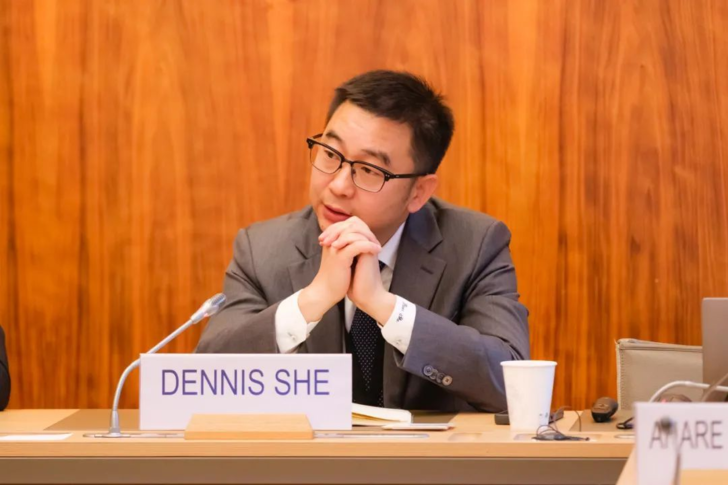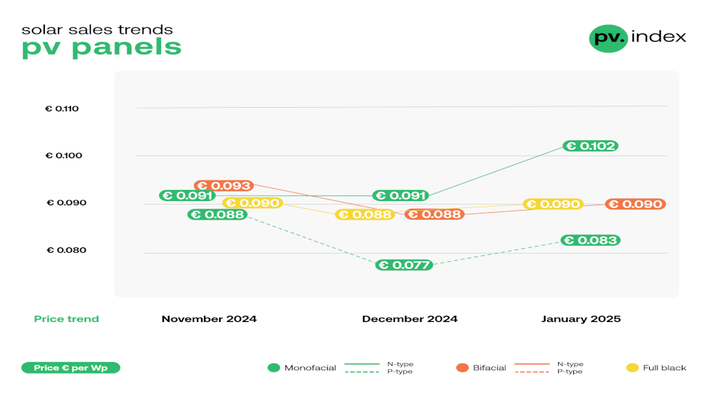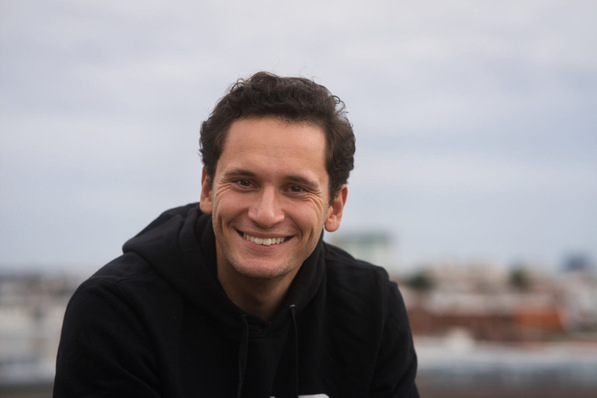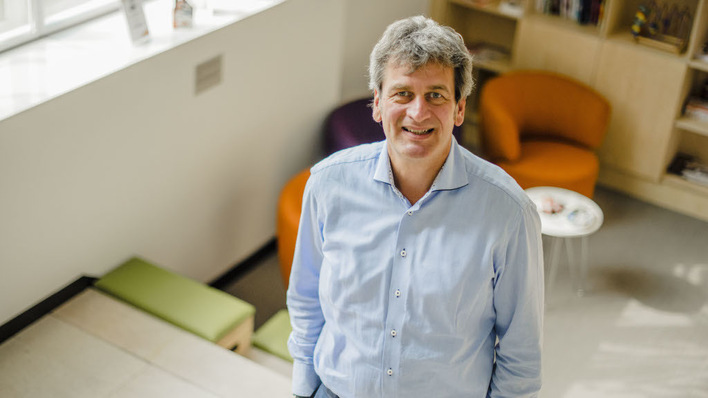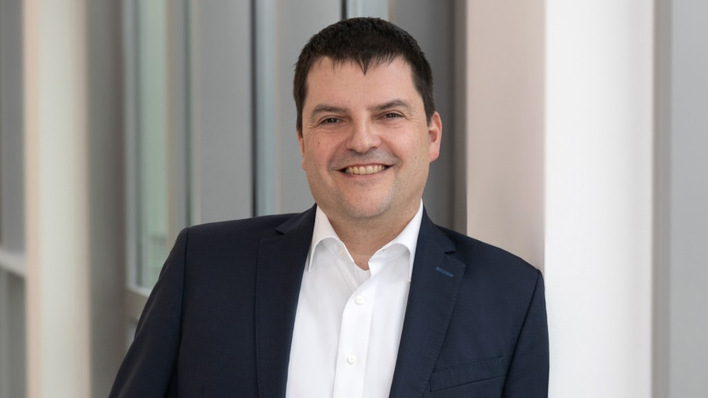Longi continues its mission to reduce the number of people without access to electricity worldwide by facilitating energy equity and harnessing the power of light. From Burkina Faso in Africa to Pakistan in South Asia, and now in Lebanon, Longi continues to mobilize resources to reduce energy disparities using PV technology, bringing light and hope to underserve regions.
Lebanon has been grappling with a chronic electricity shortage for decades, leading to the widespread use of private generators. AL Zaharaa Hospital, one of Lebanon's largest healthcare facilities, relies heavily on electricity to power essential medical equipment and maintain a comfortable environment for patients. However, frequent power outages have hindered the hospital's ability to provide consistent care.
In March 2023 the company donated approximately 20 kW of high-efficiency photovoltaic (PV) modules to the hospital, providing a reliable and sustainable power source. This PV system has since played a pivotal role in ensuring the uninterrupted operation of the hospital, safeguarding the health and well-being of countless residents.
Improve living standards in regionals without adequate access to electricity
The successful completion of the AL Zaharaa Hospital project serves as a testament to the possibilities of clean, low-carbon, and sustainable energy solutions in addressing local electricity challenges.
As Dennis She, Vice President of Longi, highlighted during the WTO Public Forum 2023, the company is actively working to improve living standards in areas without adequate access to electricity. By promoting local infrastructure development and enhancing regional economic prosperity through concrete actions, Longi aims to create a more equitable energy landscape.
Did you miss that? Commercial and industrial PV in Lebanon on the rise
Globally, approximately 11% of the world's population lacks access to electricity, and one-third lacks access to clean energy for cooking. Energy poverty not only impedes local economic development but also jeopardizes the quality of life for countless individuals. A joint report released by the International Energy Agency, the International Renewable Energy Agency, the United Nations Statistics Division, the World Bank, and the World Health Organization in June of this year painted a grim picture, projecting that 1.9 billion people will still lack access to clean cooking facilities, and 660 million will remain without electricity access by 2030 if urgent measures are not taken.
Mitigate the impact of energy crises
Dennis She believes that harnessing clean energy, particularly through PV technology, offers a path toward global coordinated development. Solar energy, being more widely distributed and accessible than traditional fossil fuels, holds immense potential for underdeveloped countries. The rapid decline in the Levelized Cost of Electricity (LCOE) for PV power, coupled with the large-scale development of renewable energy, can significantly mitigate the impact of energy crises.
Also interesting: Exemplary PV installation in Lebanon with German know-how
In September of the previous year, Longi donated 301 kW of high-efficiency PV modules to underserved regions in Africa, enabling electricity for hospitals, clinics, schools, and villages. The emergence of a more equitable clean energy system, "Solar for All," promises boundless opportunities for sustainable development in a green, low-carbon, and energy-abundant world. (hcn)


